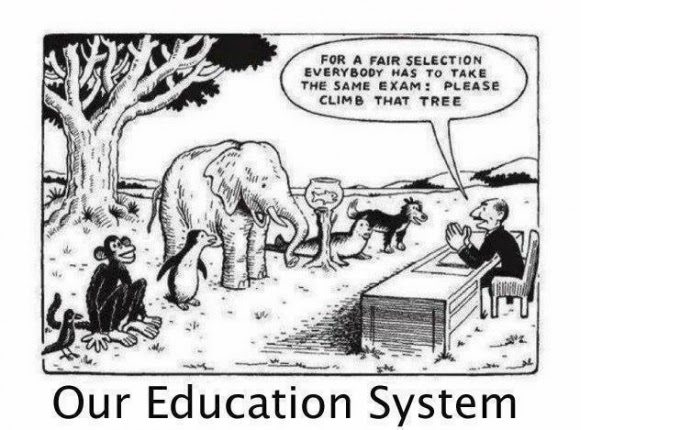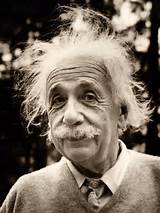ADD / ADHD: Here you will learn how to help these children.
It is often thought that these children are unable to concentrate. In reality, the child with ADD / ADHD is apt to lock in with an exceptional degree of focus when he is genuinely interested. (Resource 1, Page 50). At an early age Einstein was considered lacking in intelligence, because teachers had trouble getting him to focus. (Resource 1 below, page 56).
- Because of MRI and SPEC brain scans, psychologists are rethinking everything they knew about learning disorders.
- According to Dr. Amen, there are 7 different kinds of ADD . Note that not all of them show brain damage, which indicates that some may be what is often described as different learning styles as far back as Plato. In other words, at least some of those diagnosed with ADD/ ADHD may not have a learning disorder at all.
- Like so many learning disorders, there are gifts of genius attached. Einstein’s dis-tractability, which is common among children with ADD / ADHD, is what enabled him to develop his Theory of Relativity. It is important that parents and educators understand their children’s strengths, and not just their weaknesses. Spend more time on their interests, rather than their weaknesses. (Resource 1) page 63). What really disables a person is their belief that they are disabled (Resource 1, page 64). There is good suffering, which is working at something. Bad suffering is humiliation, depression and isolation (Resource 1, page 65)
The Genius That Goes With ADD / ADHD
- These children showed an enhanced ability to overcome “constraining influences”. (Resource 1, page 54).
- 40% of children with ADD / ADHD also have dyslexia. When they are reading something that disinterests them, their mind wonders uncontrollably (Resource 1, Page 57). When they are reading something that interests them, their mind can be laser-beam intense. (Resource 1, Page 58). This also describes the learning styles analytical thinker, and hands on learners.
- Someone who is impulsive by nature can “make a lot of mistakes” in business. So hook up with someone who is by nature methodical and looks at all the possibilities (Resource 1, page 63). Walt Disney was highly creative in his field of interest. But he was unable to make a success of his abilities, until he hired his bother to help him.
- Drugs do not teach the behaviors that will help those with ADD / ADHD function in the world and workplace as they grow older (Resource 1, page 67).
- When given the least structure, these children are better able to discipline themselves (Resource 1, page 67). They also need to take frequent breaks (Resource 1, page 69). Both of these things are also true with the learning styles of the Hands On Learner, and the Analytical Thinker.
- What is obvious to children with ADD / ADHD and dyslexia, others don’t see at all. They have an uncanny ability to connect seemingly unrelated ideas. (Resource 1, pages 70-71). It is a mistake to think that we need to make brain differences go away (Resource 1, page 77). Einstein, who so hated rote learning, once said, “Imagination is more important than knowledge.” (Resource 1, Page 78)
How To Help These Children Succeed
- Finding a field or area of interest that captivates the child with with ADD / ADHD is perhaps the single most important way to ensure future success in life (Resource 1, Page 72). When you find areas of talent, then motivation will follow.” (Resource 1, Page 74).
Resources
- The Power of Different: The Link Between Disorder and Genius
- Karen Walker, a professional tutor, recommends Ring Around The Phonics (Whole Brain Teaching) to help children with ADD learn to read..


